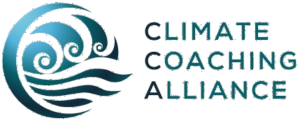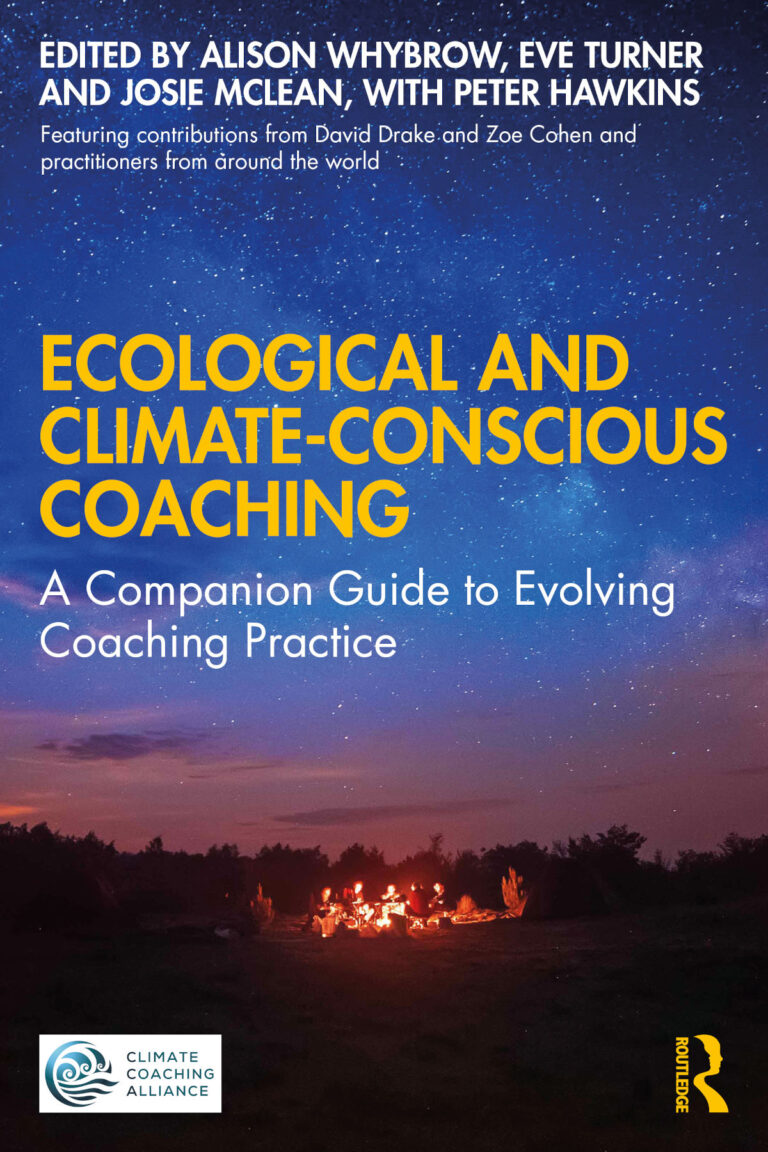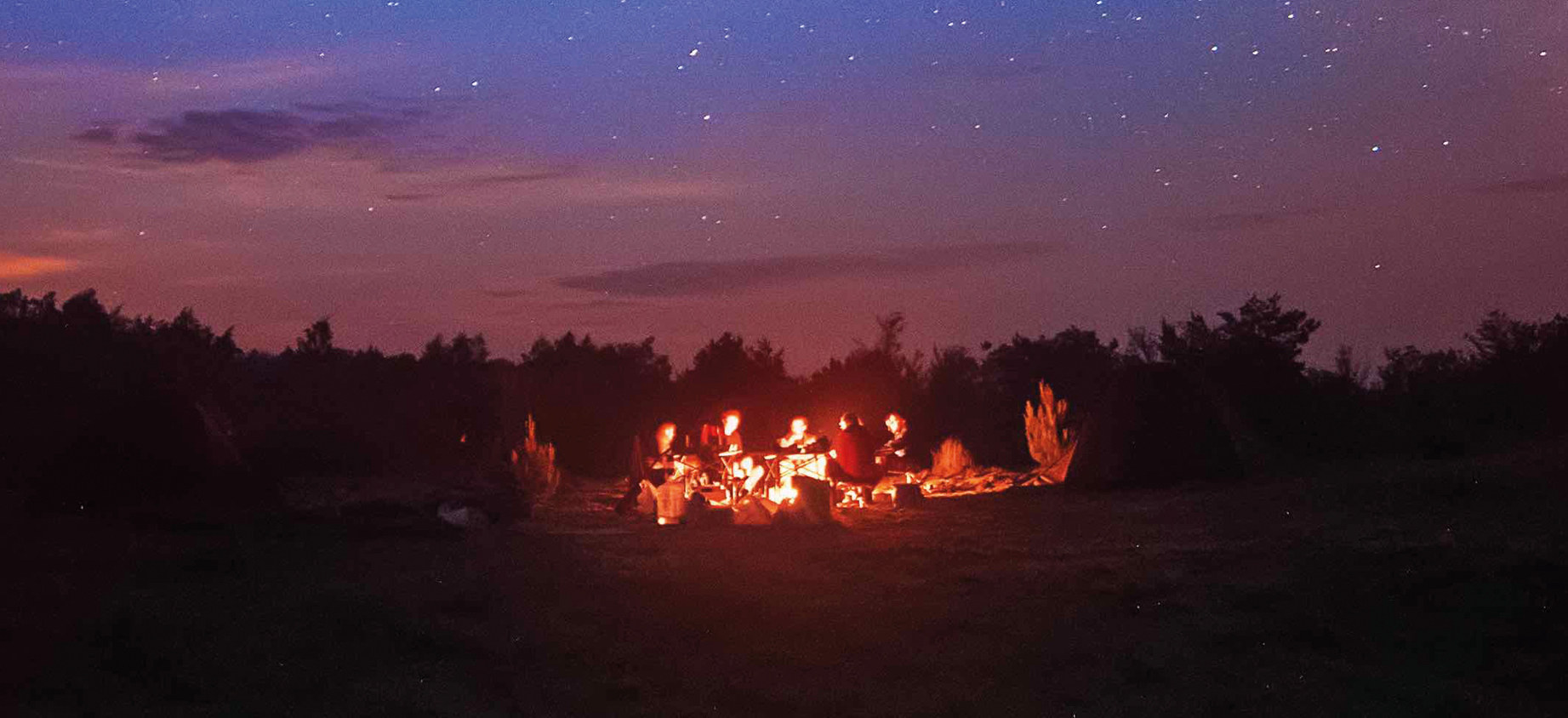Ecological and Climate-Conscious Coaching
A Companion Guide to Evolving Coaching Practice
This book takes you on a seven-day journey with your guides - 70 coaches and thought-leaders from around the world. Through storytelling, poetry and other creative approaches, readers can follow this program alone or with others and take a practical and empowering look at the impact of the climate emergency on their practice and how they might respond.
Discover methods for adapting your practice while making a livelihood, reframing your work with urgency and action through exploration of the five-stage ‘Eco-phase’ cycle, moving from ‘Eco Curious’, ‘Eco-Informed’, ‘Eco-Aware’, to ‘Eco-Engaged’ and ‘Eco Active’. Designed to encourage discussion, raise awareness and increase confidence about stepping into a leadership role, the book explores the difference that coaching can make in the world as a result of greater eco-awareness and systemic understanding.
Featuring powerful stories from around the world, and with a treasure trove of resources and practical tools and methods, supported by reflective and practical exercises, this book will be an inspiring read not only for those involved in coaching, supervision, mentoring and leadership development, but also for leaders.
Or, start a Book Circle to share your thoughts...
About The Authors
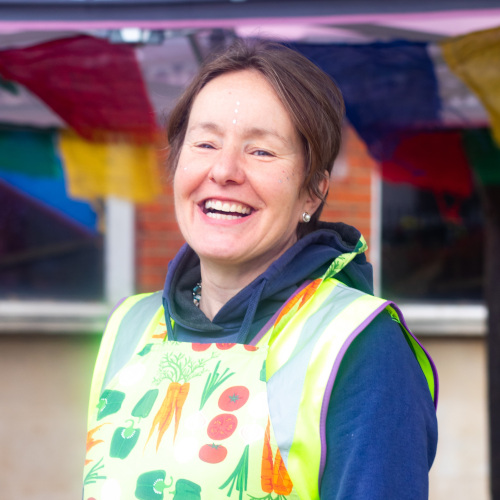
Alison Whybrow
Alison was a globally renowned Coaching Psychologist, Supervisor, Facilitator, and CCA co-founder. Campaigner, community builder and transformational leader, she inspired people to reach their higher purpose in service of a living earth.
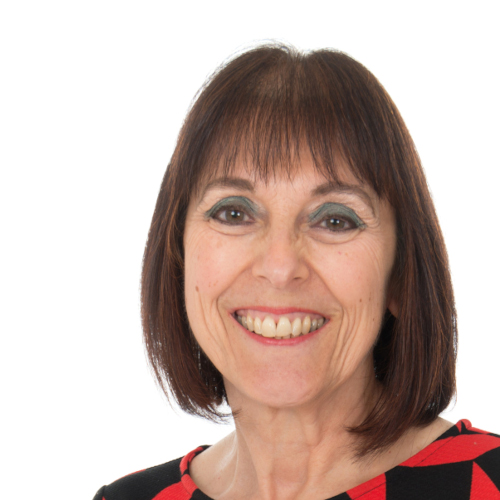
Eve Turner
Eve is a renowned coach and supervisor globally. Immediate past Chair of professional body APECS, she’s very active volunteering, including co-founding the CCA and founding the Global Supervisors’ Network.
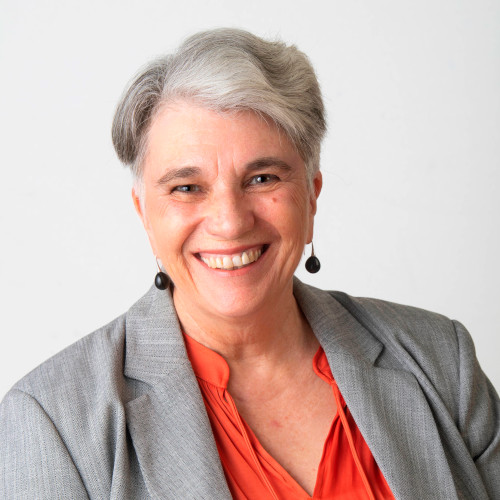
Josie McLean
Josie was an early pioneer of professional coaching in Australia and ICFA President. CCA co-founder, she works with organizations evolving adaptive cultures to shape sustainable organisations, communities, and planet.
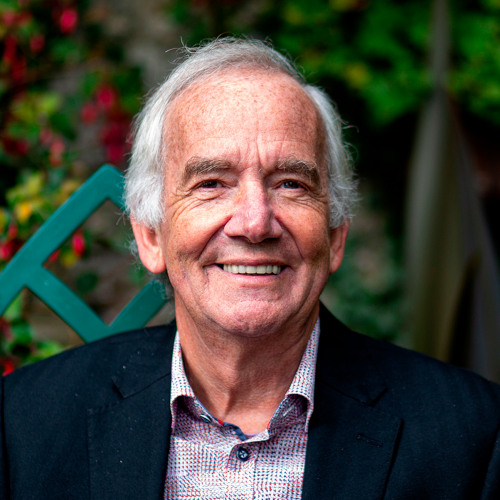
Professor Peter Hawkins
Peter is a global thought leader in Systemic Coaching, Executive Teams and Board Development. He’s a leading international consultant, coach, supervisor, researcher and best-selling author including team coaching, leadership and culture change.
What people are saying...
This challenging, and, by design, "uncomfortable" book offers just that – frameworks, tools, techniques that would allow anybody to understand the eco-phase cycle and find their way in contributing to the lasting solution.'
Ecological and Climate Conscious Coaching provides that guide and that framework. It takes us through the process of understanding how we might recognise and respond to the crisis confronting us all. Providing both concepts and tools for reflection and action it invites to rethink how we approach our role as coaches and our contribution as both professionals and citizens.
I have worried about, puzzled over and pursued concerns for the health of the environment for more than fifty years. At times I have been despairing of our lack of action. This book makes me more hopeful that our profession can make a difference if we accept the authors invitation. Some books are important. This one is essential. I implore all coaches to both read and engage with the journey it offers. The world and our future demands no less.
This fascinating dialogue explores ways to open up a vital conversation that underpins the flourishing of us all. By turns philosophical, practical, spiritual and realistic, this fascinating and necessary read offers productive ways out of denial and into action.
While the authors do not flinch from laying out the facts this is anything but a book of doom. I found it a deeply absorbing and, dare I say it, enjoyable, gripping read as I was guided through lively conversations rich with images and personal adventure. This book is a vital offering in these times of devastation. It will support us to take our next steps and be our good companion on the long and perilous journey.
This book will definitely help leaders, coaches, OD practitioners, and individuals make a broader systemic impact through a climate-conscious mindset.
In the words of Jane Goodall, beyond passion and fantasy, real hope demands action and engagement. This guide is a timeless resource for every person to generate real hope for each other.
This exciting book will inform both trainee and experienced coaching practitioners with what they need to know about eco-engaged practice.
This brilliant book offers us practical ways to become eco-informed by articulating a framework for regenerative coaching which begins with our self-work, as the key to engaging differently with our clients be they individuals, teams, or broader organizations.
Chapter by chapter the authors create an experiential workshop for use, offering provocative questions for our thoughtful consideration while enriching each chapter by sharing their own, to evoke our deepest reflections.
On the journey, we receive guidance on how to introduce the ecology into our coaching work respectfully without being evangelical or unethical. The guide addresses supervision, eco-engaged coach development and training and ways of resourcing ourselves and our work – so we work from and are supported by ‘Source’. The book is written in a way as to invite people to work with others as they journey around the eco-cycle. Eve, Josie, Peter and Ali – as I read, I could hear your voices and feel your vulnerability as you spoke from the heart. You are right it is not a "comfortable" book but a vital resource to urgently have us move individually and collectively from ego-centric to eco-centric. I urge all of us to form hubs and to work through this guide and to action what emerges so that we can confidently answer our great grandchildren when they ask us what it is that we did.
The book is very much a journey of inquiry; one which makes a sincere, enlightened and focused attempt to save our world. It comes at the right time.
What, in fact, are the wider responsibilities of a coach to society? And do practitioners enable those economic, political, and ecological systems that perpetuate themselves, thus dangerously harming the planet? David Lane points out, coaches work with decision makers in industries that have a big impact on the environment. Sir John Whitmore defined the purpose of coaching as raising awareness so that people would take responsibility and ownership for their choices. He apparently did so with full awareness of our impending climate and ecological crisis. If coaching is good at helping people take a larger view of their reality, then what can coach practitioners and supervisors do to help clients to transform their businesses?
The book identifies a role for coaches to support leaders in transforming the rules of the game itself. But to shift our perspectives as coaches, we need to look at the ‘regeneration’ of coach development and training and develop the courage to act. This book asks difficult questions that as practitioners we need to begin to address urgently. As Peter Hawkins says, the coaching profession needs to move from being individual and ego centric to being eco centric.
This book is not only a must read for all coaching professionals and business and community leaders, it is also a template of transformation for anyone seeking understanding, support and agency in response to the ecological and climate crises. No matter who you are, find yourself a few companions and embark on this inspired interactive journey guided by the wise minds and loving hearts of its authors.
